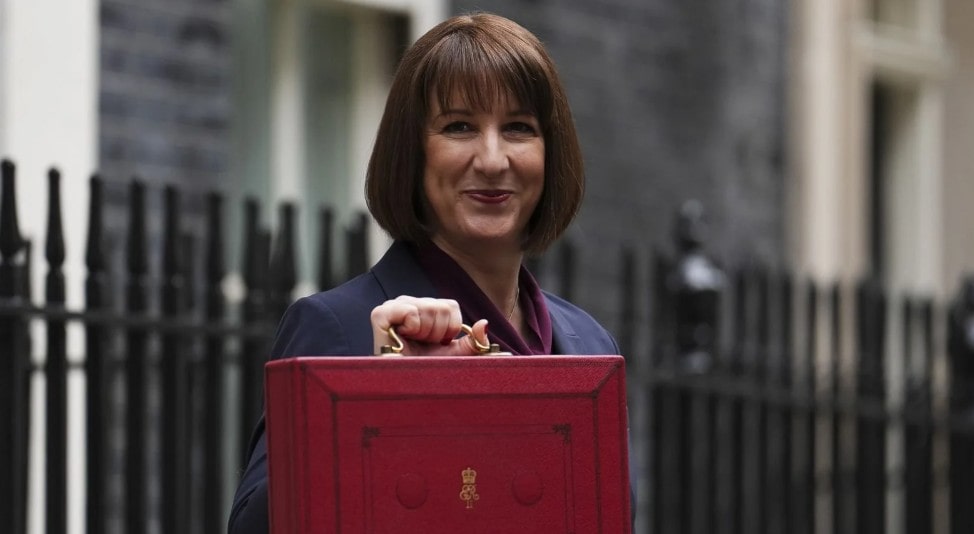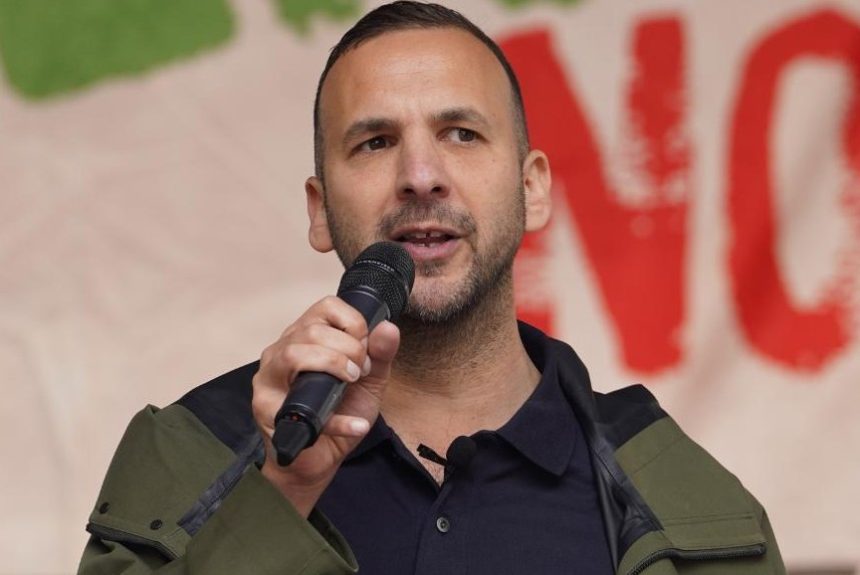The Green Party of England and Wales has formally adopted a bold new housing policy, aiming to gradually eliminate private landlords from the rental market.
The decision came after a motion was passed during the party’s recent conference, marking a radical step in its commitment to reshape the UK’s housing system.
Green Party to Abolish Landlords in Major Housing Overhaul
The motion calls on the Greens “to seek the effective abolition of private landlordism,” a statement that has now become official party policy.
While it’s short on costings or financial detail, the move signals a clear direction: less reliance on private rentals, and a firm pivot toward publicly owned housing.
Aims to Reduce Privately Rented Homes
Currently, private renting is the second most common form of housing in England, with around 19% of households in this sector. In Wales, the figure stands at 17%.
In a dramatic shift in housing policy, the Green Party is championing a phased end to private landlordism, aiming to transform the property landscape in England and Wales with increased council housing and tenant-focused reforms.
To address what it views as a deepening housing crisis, the Green Party’s plan includes:
- Tighter regulations on landlords
- Higher taxation on rental income
- Rent controls to cap rental prices
- Phasing out buy-to-let mortgages
- A “right to buy” scheme enabling councils to purchase rental properties at discounted rates
- Creation of a state-owned housing manufacturer to supply mass council housing
These proposals, if enacted, would significantly change the structure of the housing market over time.
“It Does Not Actually ‘Abolish’ Landlords”
Carla Denyer, the party’s co-leader and housing spokesperson, offered some clarification.
“While the motion to conference had an eye-catching name, it does not actually ‘abolish’ landlords,” she said.
“It does, however, address the housing crisis, empowers tenants and improves their wellbeing. It contains a range of policies which, over time, would reduce the proportion of the housing market that is privately rented, and increase the proportion of socially rented homes.”
The strategy, she added, is designed to shift the balance of the housing market slowly but surely, not to eliminate all private landlords overnight.
Strengthening Council Housing
A key part of the policy centres on bolstering local authority capabilities. The party wants to see councils become the main housing providers again, something that has not been the case for decades.
To make this happen, the Greens propose setting up a state-owned housing manufacturer. Its mission? To mass-produce quality council homes for local authorities, addressing both housing shortages and affordability concerns.
In addition, the party is exploring the idea of levying national insurance on rental income, a move reportedly also being considered by Chancellor Rachel Reeves, according to The Times.

Additional Social Justice Policies
The housing motion wasn’t the only major change adopted at the party’s autumn gathering. Another notable policy now calls for care experience to be considered a protected characteristic under the Equality Act, similar to sex, age, or religion.
Ellie Chowns, Leader of the Green Party in Parliament, stressed the urgency of the measure.
“Those who have been in care often face discrimination, harassment and victimisation throughout their lives, in housing, education, health, employment and the justice system,” she said.
“Making care experience a protected characteristic would ensure public bodies make policy with care-experienced people in mind.”
Rising Influence in UK Politics
The Greens are steadily increasing their footprint in UK politics. With membership now exceeding 84,000, reportedly more than the Liberal Democrats, the party is capitalising on rising public concern over housing affordability, environmental sustainability, and social justice.
The conference-approved policies will now guide the Green Party’s campaigning and parliamentary advocacy.
And while the road to implementing such changes is long, especially without direct control of government, their commitment to reshaping the housing system is clear.
As the UK heads into a period of political flux, the Greens are staking their claim with bold, attention-grabbing policies. And housing, it seems, is front and centre.






